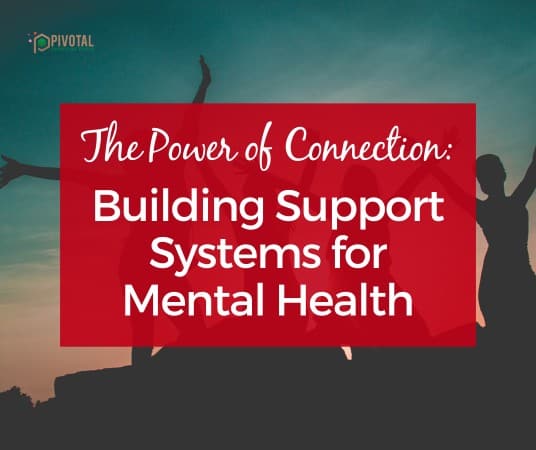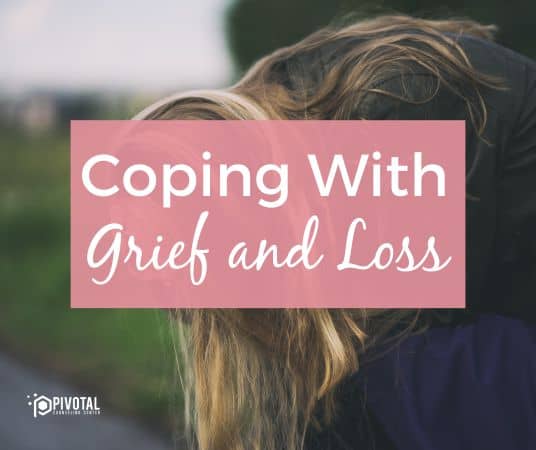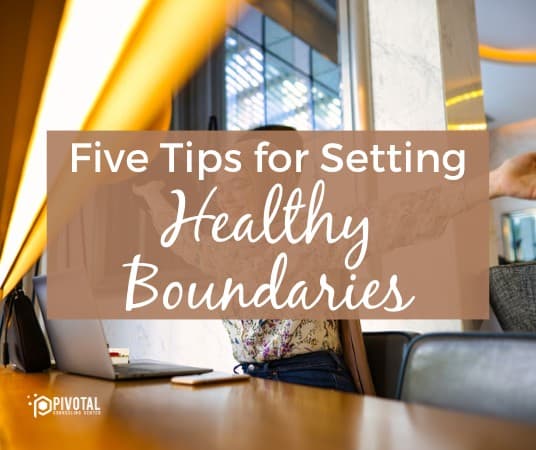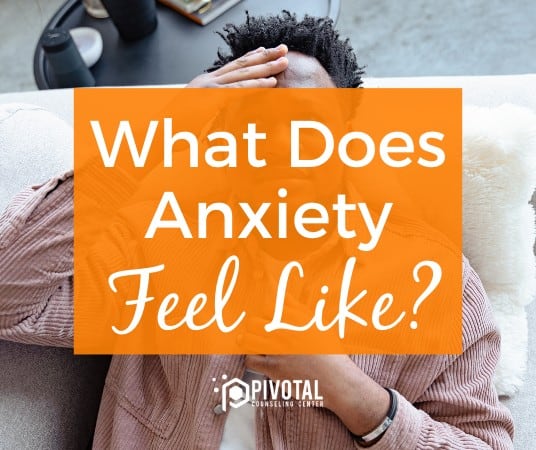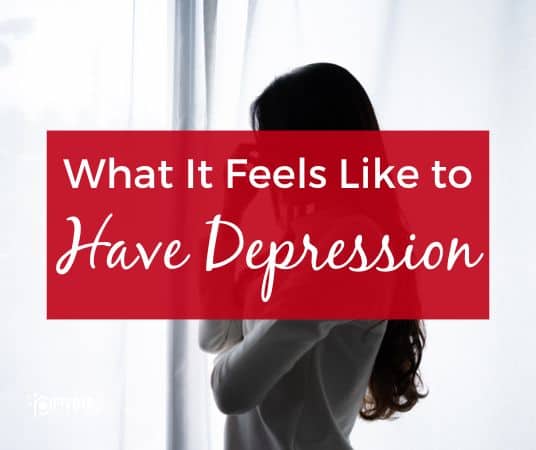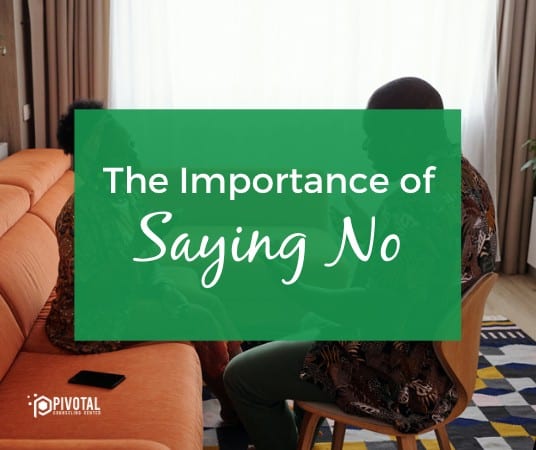
What can you do after a fight with your partner?
Having a fight with your partner can be extremely distressing. Often after a fight, you and your partner feel disconnected from one another and unsure of how to move forward or handle conflicts more effectively in the future.
Conflict is inevitable in relationships with other people. It’s just unlikely that two individuals will see eye to eye about everything at all times and get along perfectly. Conflict is upsetting, especially when it’s with someone you share such a close connection with like a romantic partner.
After a fight with your partner, you might feel like there’s something wrong with your relationship or that your relationship is threatened. The idea of that can be frightening, and it’s common to react in ways that lead to further conflict when you are feeling so upset. Sometimes relationship conflict can feel like a never ending cycle.
Here’s something that may surprise you: When conflict is handled well in relationships, it can actually bring you closer together.
It takes lots of practice, patience, compassion, and understanding to move forward from conflict in a way that makes your relationship stronger, but it is possible. If you are both committed to repairing after a relationship conflict, there are a few things our couples therapists recommend to help the process.
Here are some ideas for what to do after a fight with your partner:
Take time to calm down + reflect
It’s hard to respond effectively when you’re emotionally activated or triggered. When we’re emotionally distressed, our brains can go into fight or flight mode, where their only focus is keeping you safe. This process makes it physically much harder to think rationally, so taking some time to calm down and reflect after a fight with your partner can make a big difference.
There’s a common saying that you should never go to bed angry, but it’s okay to take time to regulate yourself emotionally, even if that means that you don’t resolve things before you go to sleep. Waiting to resolve the fight with your partner can feel hard, but it can give you both time to focus on your individual experience of the fight and why you feel you responded the way you did.
Express your feelings and validate each other
Each of you deserves a chance to express your feelings and feel understood. This is another area where taking some time to calm down after a fight can be helpful – you can take the time to figure out how to explain your side of things with a focus on your feelings calmly.
It’s also important to validate what the other person is feeling. It can be tricky to listen to something without getting defensive or planning your response, but those reactions often lead further into conflict. Practice active listening so that you each really feel heard. Don’t try to think of what you’ll say next, just focus on what they’re saying and other signals like body language.
Own your side of what’s going on and apologize to each other
Repairing the connection between you and your partner will require each of you to own your part of the conflict. It can be hard to put away your frustration with the other person and reflect on what you contributed to the argument, but it’s important to really own up to your actions and apologize sincerely.
Work on repair
It can feel a little weird to move forward after a conflict in your relationship. Making attempts to repair your connection after a fight with your partner can make a big difference in how you feel afterward. Here are some ways to work on repairing after a fight:
- Hug each other
- Do a breathing exercise together
- Dance around for a bit
- Cuddle
- Take a walk together
- Do something nice for the other
- Try to make each other laugh
- Watch something funny together
- Thank each other for getting through a hard conversation
Make a plan for the next fight
Having a fight with a partner is never fun, but it’s a normal part of being close to another person. Coming up with a plan for what to do during conflict can help you get through your next disagreement without feeling so disconnected from each other.
To start, think about how past arguments have gone in your relationship. What do you wish went differently? There’s often something you can learn from past relationship conflicts that you can use to help make things easier in the future.
It might be helpful to make an actual list that you both can refer to for steps you can take to defuse the situation and work on repair, so that when you’re emotionally activated it’s easier to decide what to do. A couples therapist can help you figure out a plan that works for you and your relationship so that conflict is a connecting experience, instead of a disconnecting one.


